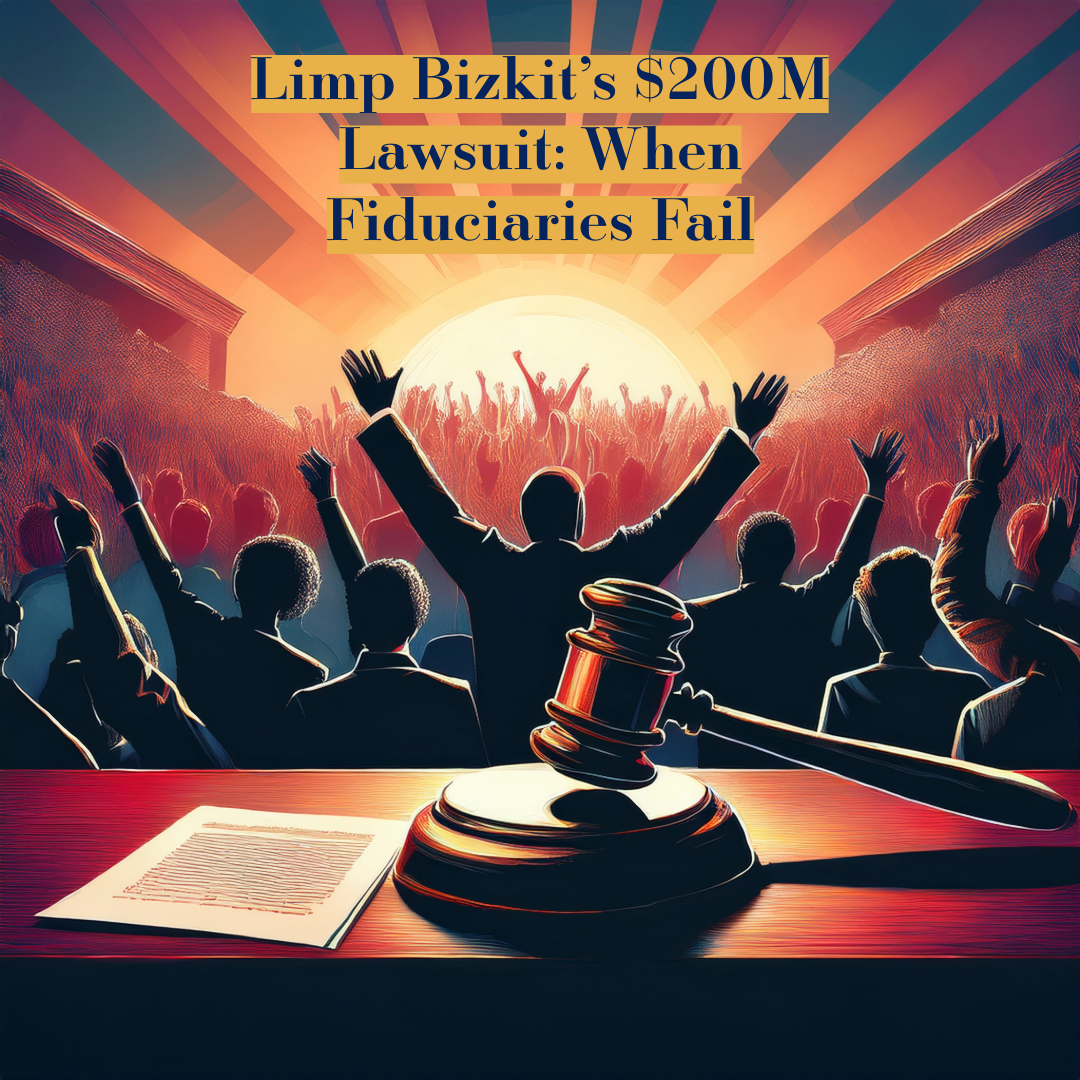
Fiduciary litigation often arises when those entrusted with managing financial assets fail to act in the best interest of the beneficiaries they serve. A recent case involving Universal Music Group (UMG) and the rock band Limp Bizkit highlights the high stakes of fiduciary responsibilities in the entertainment industry. According to Rolling Stone (via MSN), a $200 million lawsuit against UMG is moving forward after a judge denied the company’s motion to dismiss. The lawsuit, filed by music producer Jordan Schur and his company Suretone Records, accuses UMG of mishandling funds owed to artists and business partners, raising critical questions about fiduciary duties in financial agreements.
At the core of this dispute is the allegation that UMG failed to properly distribute proceeds from music sales and streaming revenue, breaching its contractual and fiduciary obligations. In fiduciary litigation, courts examine whether an entity with financial control has acted with the utmost good faith, loyalty, and care. If a fiduciary—such as a corporate trustee, financial manager, or record label—diverts funds, mismanages assets, or conceals earnings, they can be held legally accountable. This case underscores the importance of transparency and accountability in financial dealings, especially when multiple stakeholders depend on the integrity of those managing their interests.
This lawsuit serves as a cautionary tale for businesses and professionals engaged in fiduciary relationships. Whether in music, finance, or corporate governance, a fiduciary’s primary duty is to act in the best interest of those they represent. Failing to do so can lead to serious legal consequences, as seen in the UMG case. Fiduciary litigation is not just about recovering lost funds—it’s about restoring trust and ensuring that those in power adhere to their legal and ethical obligations.
Determining whether a breach of fiduciary duty has occurred requires an analysis specific to the facts of each relationship. If you have any questions about a breach of fiduciary duty, please call Lord & Lindley, PLLC, at (704) 457-1010. For more information regarding our firm, attorneys, and practice areas, please visit our website at www.lordlindley.com.
